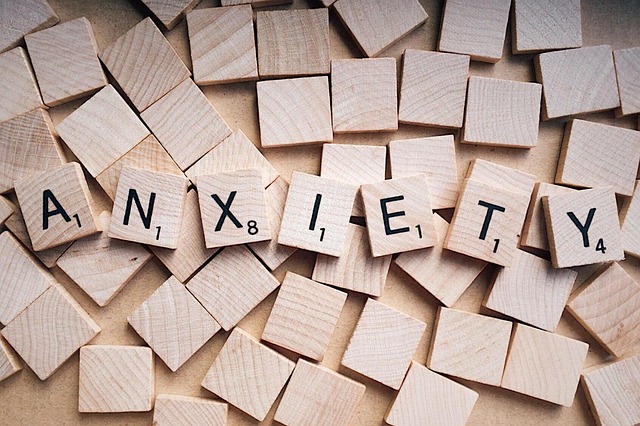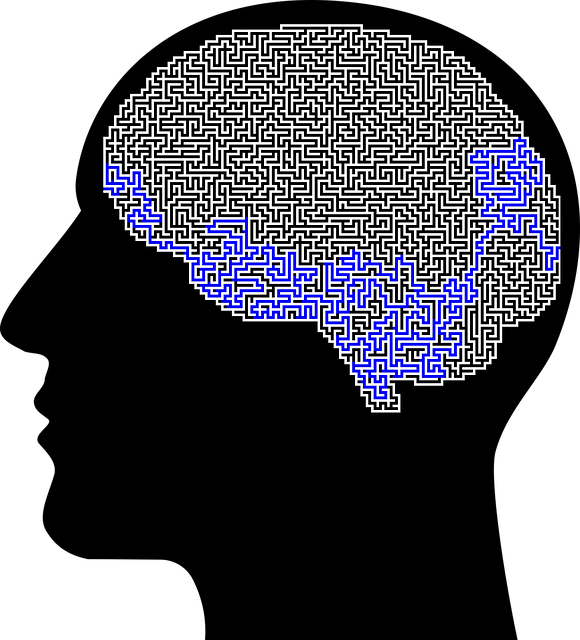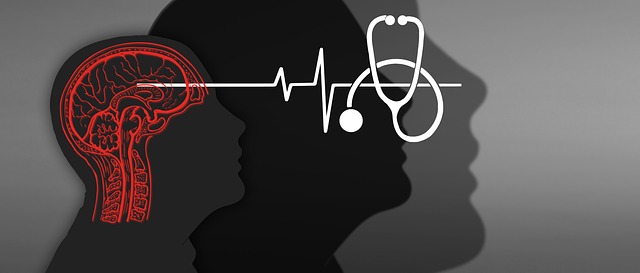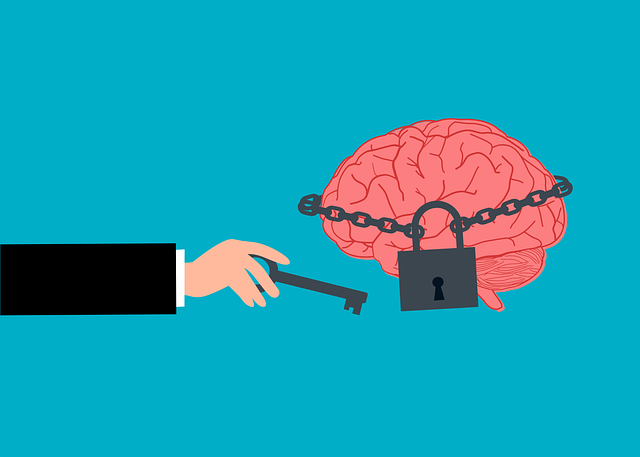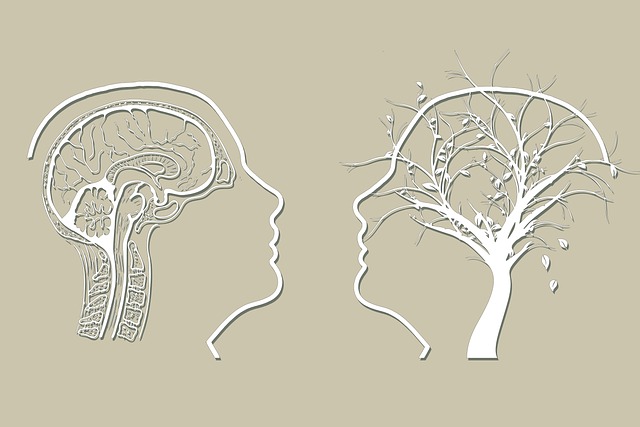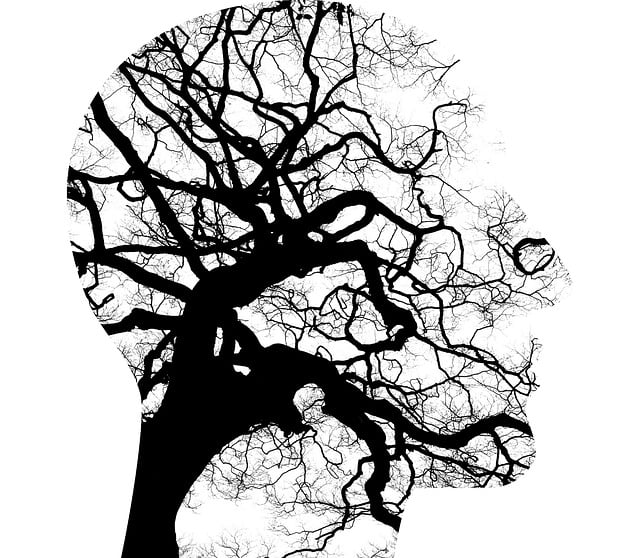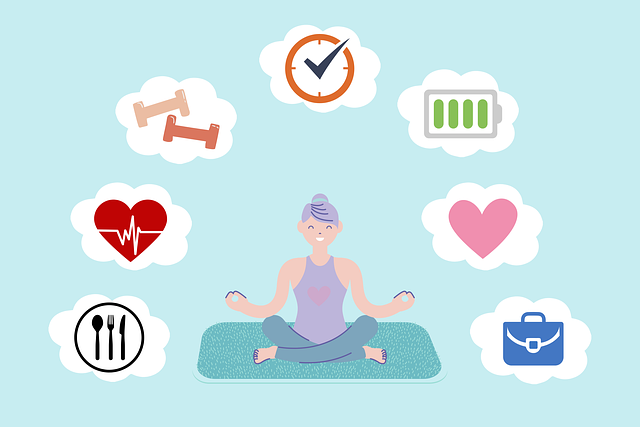Mental wellness self-assessment tools, such as those offered by Highlands Ranch Pain Management Therapy, serve as initial steps for personal growth and improved well-being. These assessments provide insights into mental health status through practices like mindfulness meditation, emotional regulation techniques, and journaling, empowering individuals to develop healthier coping mechanisms and enhance self-awareness. By leveraging the mind-body connection and personalized plans, Highlands Ranch Pain Management Therapy guides patients in managing stress and addressing root causes of mental health concerns, facilitating lasting improvements in overall mental wellness. Effective tools include comprehensive self-report questionnaires, interactive features, and risk assessment components, enhancing engagement and accountability. Regular evaluations and refinements based on user feedback ensure these tools remain valuable resources for navigating mental health challenges.
Mental wellness self-assessment tools play a pivotal role in fostering personal growth and managing mental health. This article delves into the development of such tools, highlighting key aspects that contribute to their effectiveness. We explore the foundational knowledge of mental wellness assessment, focusing on how Highlands Ranch Pain Management Therapy customizes these tools for optimal support. Additionally, we discuss designing tools with essential components, implementation strategies, and continuous improvement methods to enhance mental health outcomes.
- Understanding Mental Wellness Self-Assessment: A Foundation for Personal Growth
- The Role of Highlands Ranch Pain Management Therapy in Customizing Assessment Tools
- Designing Effective Self-Assessment Tools: Key Components and Features
- Implementation and Continuous Improvement for Optimal Mental Health Support
Understanding Mental Wellness Self-Assessment: A Foundation for Personal Growth

Mental wellness self-assessment tools serve as a foundational step for individuals seeking personal growth and improved well-being. These assessments provide an opportunity to gain valuable insights into one’s mental health status, identify areas of concern, and track progress over time. By understanding their current state, individuals can make informed decisions about their mental wellness journey, much like Highland Ranch Pain Management Therapy guides patients towards tailored treatment plans.
Self-assessment tools often include practices such as mindfulness meditation, emotional regulation techniques, and mental wellness journaling exercises. The guidance offered by these activities empowers people to develop healthier coping mechanisms, enhance self-awareness, and cultivate a deeper connection with their emotions. Through regular practice, individuals can better navigate life’s challenges and foster resilience, ultimately contributing to improved overall mental wellness.
The Role of Highlands Ranch Pain Management Therapy in Customizing Assessment Tools

Highlands Ranch Pain Management Therapy plays a pivotal role in developing tailored mental wellness self-assessment tools. Their expertise lies in understanding the intricate connection between physical and mental health, particularly focusing on pain as a potential gateway to deeper psychological issues. By integrating this knowledge with evidence-based practices, they offer more than just symptom relief; they aim to empower individuals through self-awareness exercises that align with the Mind Over Matter principles.
This holistic approach encourages patients to actively participate in their mental wellness journey. Through specialized therapy sessions, Highlands Ranch Pain Management Therapy guides individuals in identifying and managing stress, which is often a contributing factor to various mental health concerns. By customizing assessment tools, they ensure these exercises are not one-size-fits-all but rather targeted at the unique needs and experiences of each individual, fostering genuine and lasting improvements in mental wellness.
Designing Effective Self-Assessment Tools: Key Components and Features

Effective self-assessment tools for mental wellness are designed to be comprehensive and user-friendly, providing individuals with insights into their emotional well-being. These tools should include a range of key components to ensure accuracy and validity. Firstly, they must cover various aspects of mental health, such as mood, anxiety, stress, and coping mechanisms. This can be achieved through a mix of self-report questionnaires, rating scales, and reflective prompts that encourage introspection.
Additionally, successful self-assessment tools should incorporate interactive features to enhance engagement and feedback. Visual representations, like graphs or charts, can help individuals grasp their patterns and progress over time. Incorporating elements from the Community Outreach Program Implementation, such as peer support networks, can also foster a sense of belonging and accountability during the self-assessment journey. This, coupled with Mental Wellness Coaching Programs Development, ensures that users receive guidance and motivation throughout the process. Moreover, integrating risk assessment components is vital for identifying potential mental health challenges, enabling timely Highlands Ranch Pain Management Therapy interventions.
Implementation and Continuous Improvement for Optimal Mental Health Support

The development of effective mental wellness self-assessment tools is just the first step; their successful implementation and continuous improvement are pivotal for delivering optimal mental health support. Once integrated into Highlands Ranch Pain Management Therapy practices, these tools should be regularly evaluated to ensure they remain relevant and beneficial. This involves gathering feedback from both users and healthcare professionals to identify areas for enhancement. By analyzing user experiences and trends in mental health concerns, the tools can be iteratively refined, incorporating new research and best practices in stress reduction methods.
Regular updates and adaptations are crucial, especially considering the dynamic nature of mental wellness. Incorporating features that promote Self-Care Routine Development for Better Mental Health can enhance engagement and effectiveness. For instance, integrating automated reminders and personalized recommendations for mental wellness coaching programs development can encourage users to maintain consistent practices. Such continuous improvement ensures that the self-assessment tools remain a valuable resource in navigating life’s challenges, ultimately contributing to improved overall well-being.
Mental wellness self-assessment tools, like those tailored by Highlands Ranch Pain Management Therapy, are powerful resources for individual growth. By understanding key components and implementing effective design principles, these tools can offer personalized support for optimal mental health. Continuous improvement through user feedback ensures their relevance and effectiveness in navigating life’s challenges. This holistic approach to well-being empowers individuals to take charge of their mental health journey.


